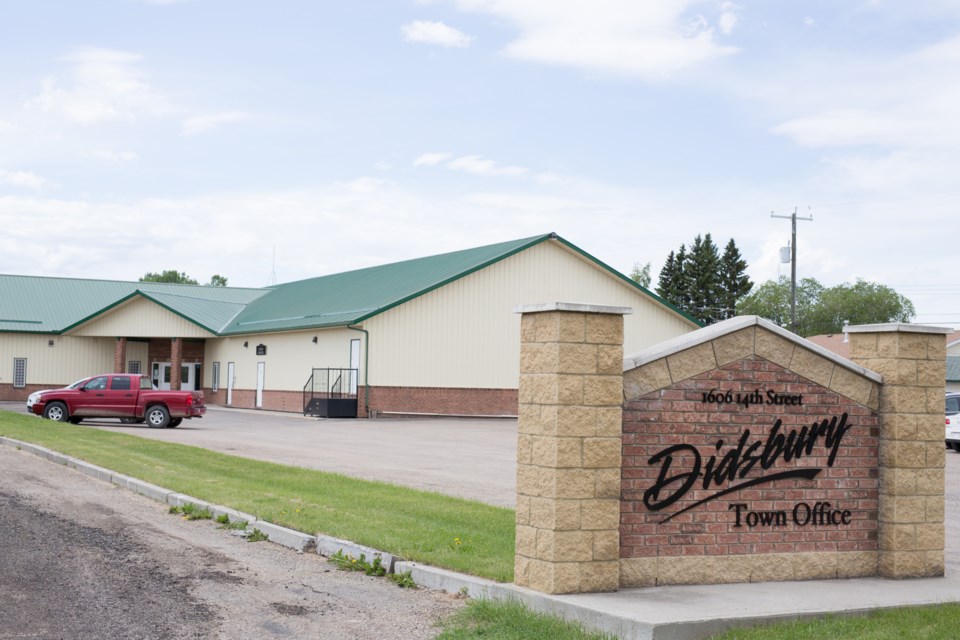DIDSBURY — Town council received an update on projected provincial municipal sustainability initiative (MSI) allocations earmarked for the municipality over the next two years.
The review came during the recent regularly scheduled council meeting in chief administrative officer Ethan Gorner's monthly report.
The UCP government has announced cuts to the MSI program, which is typically used to finance infrastructure projects.
In 2021, Didsbury received MSI funding totalling $1,505,781. In 2022, the total is projected to be $713,410, representing a decrease of 53 per cent; the 2023 total is also projected to be $713,410.
Mayor Rhonda Hunter says the town already has funding in place for several current and planned infrastructure projects, so the MSI cutbacks shouldn’t affect those plans.
“Right now, we have the plan and we have to stick to it,” said Hunter. “We did get a top-up in 2021 of about $220,000. We also received the $626,000 through the municipal stimulus grant program.
“We have to appreciate that, that the government has allocated those funds as well because that really got us ahead and we did an extra project or two with that extra funding.”
Allocated funding includes $626,202 for the 20th Street stormwater drainage and surface improvement project.
Asked if she believes the town will need to raise taxes in 2022 to make up for the loss of MSI funding, she said no.
The new local government fiscal framework (LGFF) will replace the MSI program starting in 2024-25.
Current grant funding under the MSI program is not predictable, something the new LGFF program should help alleviate, she said.
“That’s what our municipalities are asking for, that funding be predictable and sustainable,” she said. “The LGFF is supposed to be more predictable starting in 2024. Municipalities have to continue to lobby to make sure we have sustainable and predictable funding.”
The LGFF program will be closely tied to provincial revenues.
Meanwhile, the town’s capital budget deliberations will begin in December with the hope being that it will be passed in late January or early February, she said.
The town is still waiting to hear from the province about a Community Facility Enhancement Program (CFEP) grant for the library expansion project, she said.
“Apparently, we were supposed to hear about the library CFEP application in December, but recent discussions have indicated that will be in January,” she said.
“So, I guess we have to wait another month. We will have to look at another funding model if we don’t get that grant. We are optimistic.”
Meeting with transportation officials
Elsewhere, town officials, including mayor Hunter, met with Department of Transportation officials at the recent Alberta Municipalities — formerly Alberta Urban Municipalities Association or AUMA — conference to discuss the need for improvements at the intersection of Highway 582 and 23rd Street, she said.
“We wanted to extend council’s will to prioritize that intersection,” she said. “Highway 582 is getting really busy and that is not our traffic; that is traffic going west generally or coming back east. We want the provincial government to have a financial investment because we didn’t create all the new traffic; they’ve created a lot themselves.
“So, that’s what we really stressed with the staff because they are the ones who look at all the numbers and regulations. We’ve asked them to work with us, so they are going to report back to us.”
In his monthly report CAO Gorner said there were 35 calls for administration, municipal enforcement and public works action in October, including two calls in response to aggressive dogs, four calls for vehicle concerns, three property calls, and one call for a noise complaint from a neighbour.
Council accepted the CAO's report as information.



